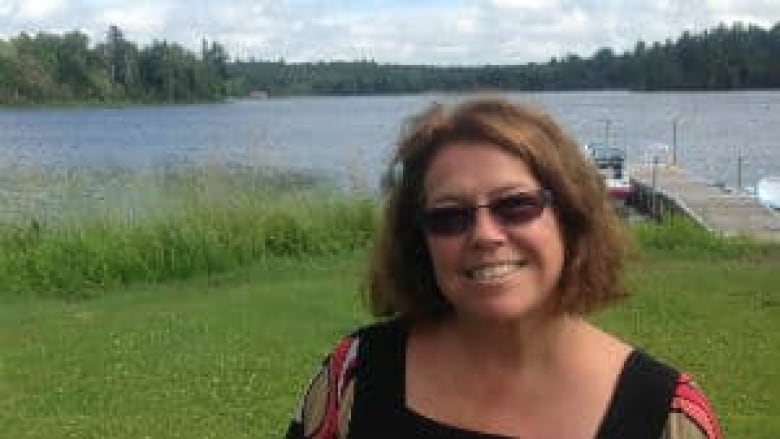Cottage ownership becoming more affordable
New ownership models involve shareholder agreements, fractional ownership or corporations

Getting a little slice of cottage heaven may become an option for those who think they can't afford it.
With the rising cost of waterfront property, fractional ownership has become a hot trend in the Muskokas — and now it’s come to northeastern Ontario in a couple of different forms.
Maple Mountain trailer park on Skill Lake, on the western edge of Greater Sudbury, has been set up as a co-ownership.
For $43,000, a person can buy one per cent of the property, which comes with a lakeside trailer spot. But instead of being run by a park owner, a board of directors is in charge.
The developer said it was hard to explain the concept to campers, as well as Sudbury lawyers.
"It’s a strange language," Lauri Kangas said. "When a lawyer’s confused, you know what kind of counsel you’re going to get when you go and see one."

'Something I want to do'
Park board member Margie O’Callaghan said she is doing a lot more paperwork than she expected in her retirement, but thinks it’s worth the effort.
"I’ve never really looked at it as an investment in property," she said. "It’s an investment of lifestyle. It’s something I want to do."
Meanwhile, the owner of Happy Holiday Cabins on Lake Nosbonsing, south of North Bay, said a different kind of fractional ownership is working in his favour.
Mike McKay purchased the travel destination 20 years ago and thought he’d have more time to fish.
"I had 18 rental cabins, 13 boats and motors, 30 docks, 18 roofs and 19 toilets," he said. "It just went on and on, forever. I think you really just buy yourself a job."
He eventually set up a numbered company and sold 13 shares, each coming with a lakeside cabin for as little as $60,000.
McKay and his neighbours are shareholders, not property owners.
"I have the right to occupy this cabin and maintain it and look after it," he said. "I don’t own anything physically."
Other tourist camps in the region are being converted to corporations.
In that model, campers get a cabin or trailer to themselves, but what they actually own is shares in the company that owns the land.